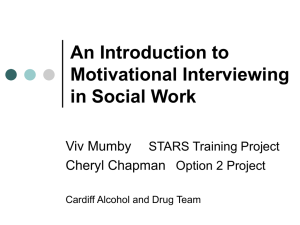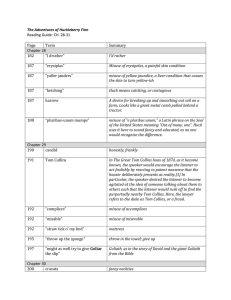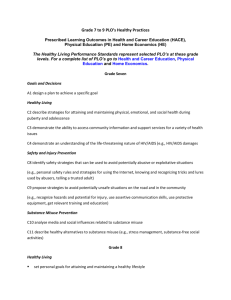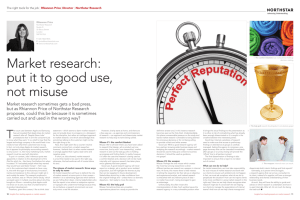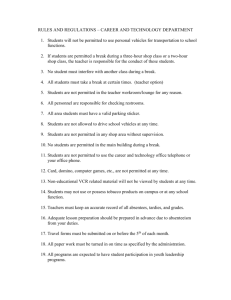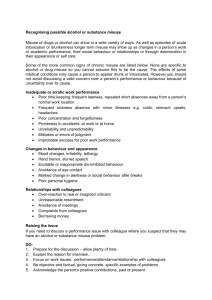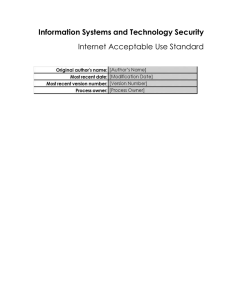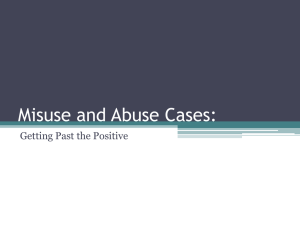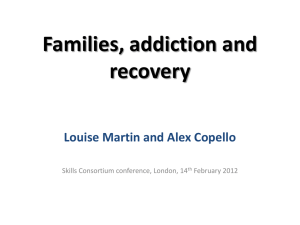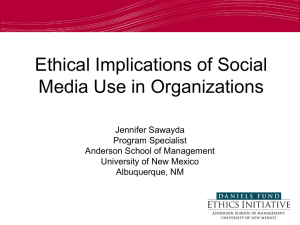Electronic Device Policy
advertisement
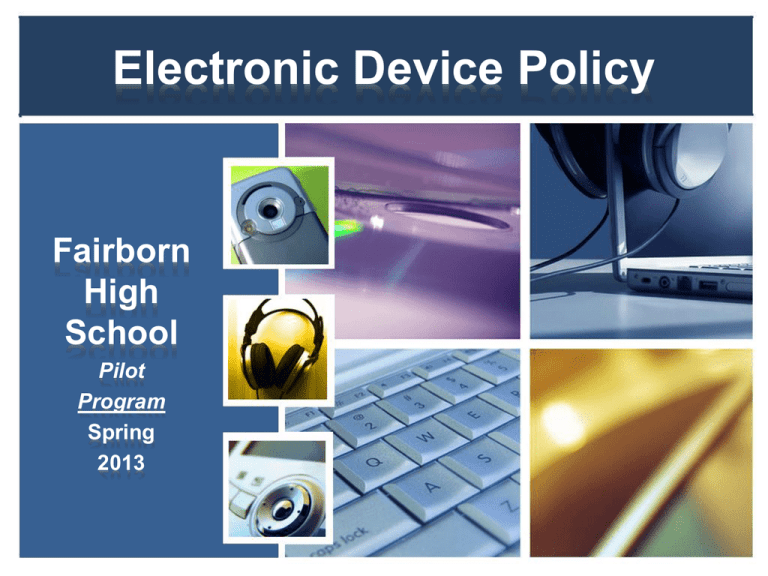
Electronic Device Policy Fairborn High School Pilot Program Spring 2013 Electronic Device Policy WHY ARE WE CHANGING THE POLICY? • Rationale: – To maximize students’ learning potential via technology – To utilize the natural affinity most students possess regarding technology – To embrace and harness the use of technology among students during the school day Electronic Device Policy WHAT IS THE NEW POLICY? – Can use before and after school and during lunch. – Teachers may establish times for when using electronic devices is appropriate and/or permitted in their classes. Teachers have the right to disallow any and all use of electronic devices. – CANNOT use during class changes including headphones. – During approved times, students may text, surf the internet, email, play games, and making phone calls. Electronic Device Policy WHAT DEVICES ARE INCLUDED? - smart phones, laptops, e-book readers, and tablets - No electronic devices brought by students are the responsibility of Fairborn City Schools or its staff or representatives Electronic Device Policy • Other Terms of Use: – No posting to social media sites (YouTube, Twitter, Facebook, Tumblr, GooglePlus, etc) – No bullying, harassment or otherwise threatening another person – No commercial purposes such as buying, advertising or selling goods or services Electronic Device Policy • No creating, transmitting, downloading or copying any materials that are in violation of District Policies or any federal, state or local laws or that contain information for the purposes of creating explosive devices, materials in furtherance of criminal activities or terrorist acts, threatening materials, or pornographic, sexually explicit or obscene materials Electronic Device Policy • No devices during test administration; teachers may collect devices to hold during testing. Electronic Device Policy • Earbuds in one ear only at any time during regular school hours in approved areas. No use of earbuds during instructional time or between classes. Earphones that cover both ears are not acceptable except for before and after school. Electronic Device Policy • Teacher permission is required to take a picture or video and these two forms of technology should never occur without the subject’s direct knowledge and permission. Pictures and videos are not allowed to be taken in restrooms, locker rooms or other similar areas. Photos should never be published on the web. Electronic Device Policy • Devices must be on mute. Phone calls and text messages should not interrupt the learning environment. Noninstructional use of devices including texting and making phone calls is prohibited during class time. Electronic Device Policy • Access to locked wireless networks at FHS will not be given. Teachers will not give out passwords to these networks. Access to open wireless networks cannot be guaranteed. Students will not be permitted to gather near doors or windows in an effort to get a better cell phone signal. Electronic Device Policy • Students will not be permitted to use electronic devices to order food from outside establishments or to have food delivered to them by a family member or friend. • Students may not use a cell phone to contact home to be picked up during the school day due to illness or other reason without the permission of the clinic or a principal. Students who do not obtain such permission to leave will be marked as “unexcused” or “truant”. Electronic Device Policy • Students must IMMEDIATELY turn over any electronic device to a staff member who requests the device due to misuse. The student is prohibited from removing the battery, sim card, memory card, turning the device off, intentionally putting a “lock” onto the device, or otherwise making it inoperable prior to surrendering the device to the staff. A student refusing to hand over an electronic device may be subject to increased school discipline as deemed appropriate. Electronic Device Policy WHAT YOU NEED TO KNOW – Use of electronic devices is a privilege, not a right – This is not a blanket approval for students to use electronic devices in any fashion they may desire – Teachers will determine how, when and to what extent electronic devices may be used in their classrooms Electronic Device Policy • For the classroom teacher who does not (and will not) allow electronic devices in class, nothing has changed! Electronic Device Policy HOW CAN I USE MY ELECTRONIC DEVICE? Students MAY BE encouraged to implement technology in the following situations: – Taking notes during class instruction – Using the calendar feature to record and track assignments – Checking Progress Book for student grade and assignment information – Completing research for a project or assignment via the internet – Using the calculator feature – Reading books or stories via an e-reader device – Taking photos or videos for educational purposes (class projects or assignments) – Creating essays or projects using desktop publishing tools Electronic Device Policy WHAT WILL HAPPEN IF I MISUSE MY DEVICE? - Teachers may confiscate students’ devices for misuse. On the first offense, it is the teacher’s choice to give it back at the end of the period or the end of the day. – On the second offense and following, teachers should turn the device into the office and the same procedures that have been followed all year will continue. – Teachers may implement other disciplinary interventions (detentions) in addition to taking the device. – Every teacher’s plan of use may be different – it is the student’s responsibility to know and follow the guidelines the teacher has set. Electronic Device Policy WHEN DO WE START? - This policy is not starting today. - We will begin this policy on Thursday, April 11. Electronic Device Policy • Remember that it is the teacher’s choice on how to implement the use of electronic device’s into your classroom instruction. They have the choice to disallow use altogether. Electronic Device Policy The success of this pilot policy will determine the extent that it is implemented next school year. If the response to these changes is poor, the policy may revert back to the previous guidelines next year. THE BALL IS IN YOUR COURT – BE RESPONSIBLE AND MATURE!
